Success Rate Of Zero

Humans have gone through two types of societal organization. One has been stable, the other has not. In this post, we will endeavor to explain precisely why this second type of society always ends in collapse. It is far beyond the scope to come up with any large scale remedies to these eventual collapses.
Primitive Humans
We split from chimps six million years ago, give or take. Up until about 10,000 years ago, we lived in small groups of people. It’s generally estimated that these groups were about 300 or so in number, and they were nomadic in nature. They continued to wander the countryside looking for food and shelter.
Timeline Comparison
Before we make any assertions about human nature, we’ll need to do some comparisons of how long we were in various stages of human history. We’ll assert that humans became humans, separate from proto-humans in our various forms, 200,000 years ago.
From Chimps To Humans
Say we split from chimps 6,000,000 years ago and become more or less humans 200,000 years ago. This means we have been non-humans for 5.8 million years, or for 96% of our history (5.8/6.0). Humans and chimps share 98% of our DNA.
Human Hunters To Human Farmers
We didn’t invent farming until about 10,000 years ago. (These are very rough, ballpark estimates). This means that as a percent of the time we were humans, we have been farming for 5% of our human history (10,000/200,000). If we think in terms of how long we’ve been farming as a percentage of the time we’ve split from chimps, we get .166% (10,000/6,000,000).
And?
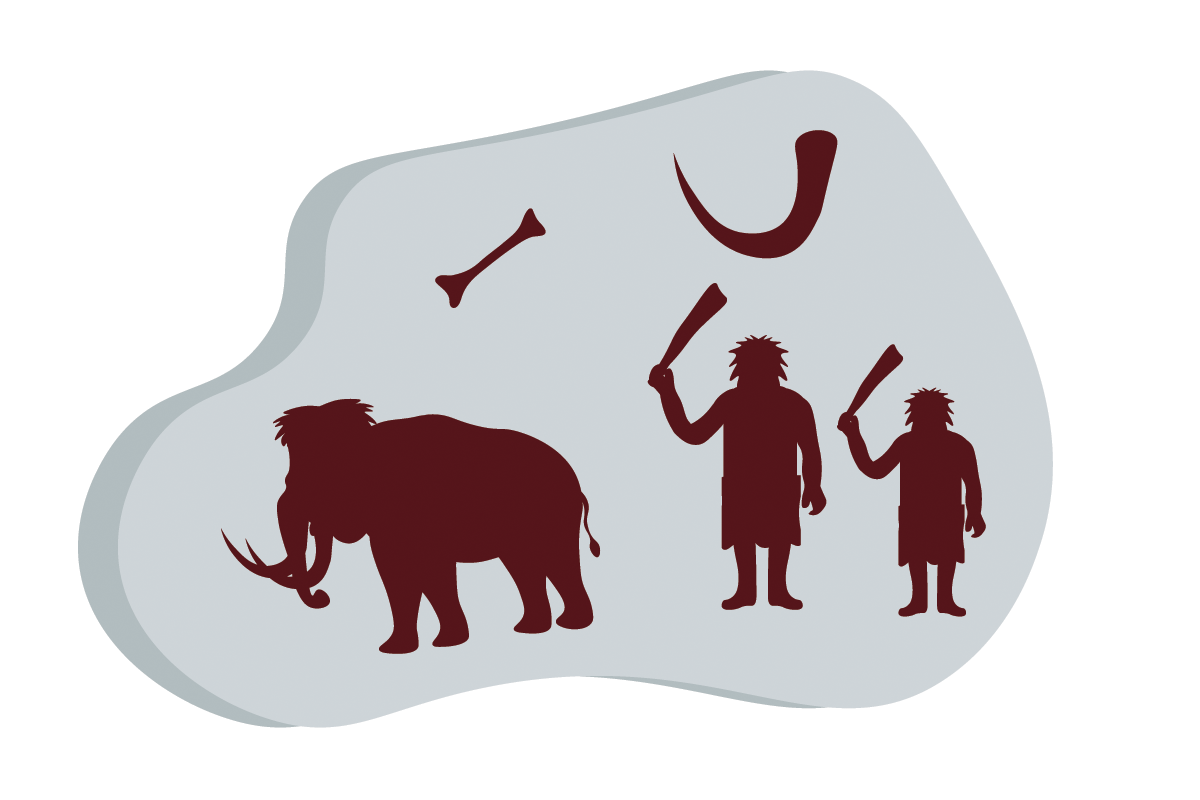
This means we have been living in small groups of a few hundred people for more than 99% of our time as humans. And when you compare the time we’ve had things like electricity and TV and social media, our current modern societies are extremely new in terms of evolution. What this means is we can safely assume that our thinking, feeling and most importantly are instincts are largely calibrated for a very small, pre-agricultural society
No Changes In 10,000 Years?
There may have been small changes, but any changes in how we perceive broadly important things like relationships, food, productivity, and inter-group dynamics are not likely significant. We’ll assume this is the case, as we are only attempting to describe the two types of societal organization in a very general way.
Pre Agriculture Organization
Primitive humans are hierarchical. Run in a top down organizational way. The guy in charge was the boss, and also kind of like the quarterback when they went out hunting every day. In a very similar way to playing a football game, he would strategize lead the troops when they went out to find something to kill, so they would have something to eat.
Egalitarians
It’s widely believed that early humans were very egalitarian. They shared everything. It’s likely that they shared everything, but they how they shared was proportional to how much they participated, up to a point. Young children and the elderly didn’t participate in the hunt, but they got fed. Among the hunters, we can imagine that the top ranked males got more meat (or better meat) than lower ranked males.
Production and Consumption
There was a tight correlation between production and consumption. Production was seeing an animal, chasing the animal, and killing the animal. Consumption was eating the animal. For this reason, the ability to hunt was a very valuable skill. It’s likely that social status and hunting skills were highly correlated.
Energy Return On Investment
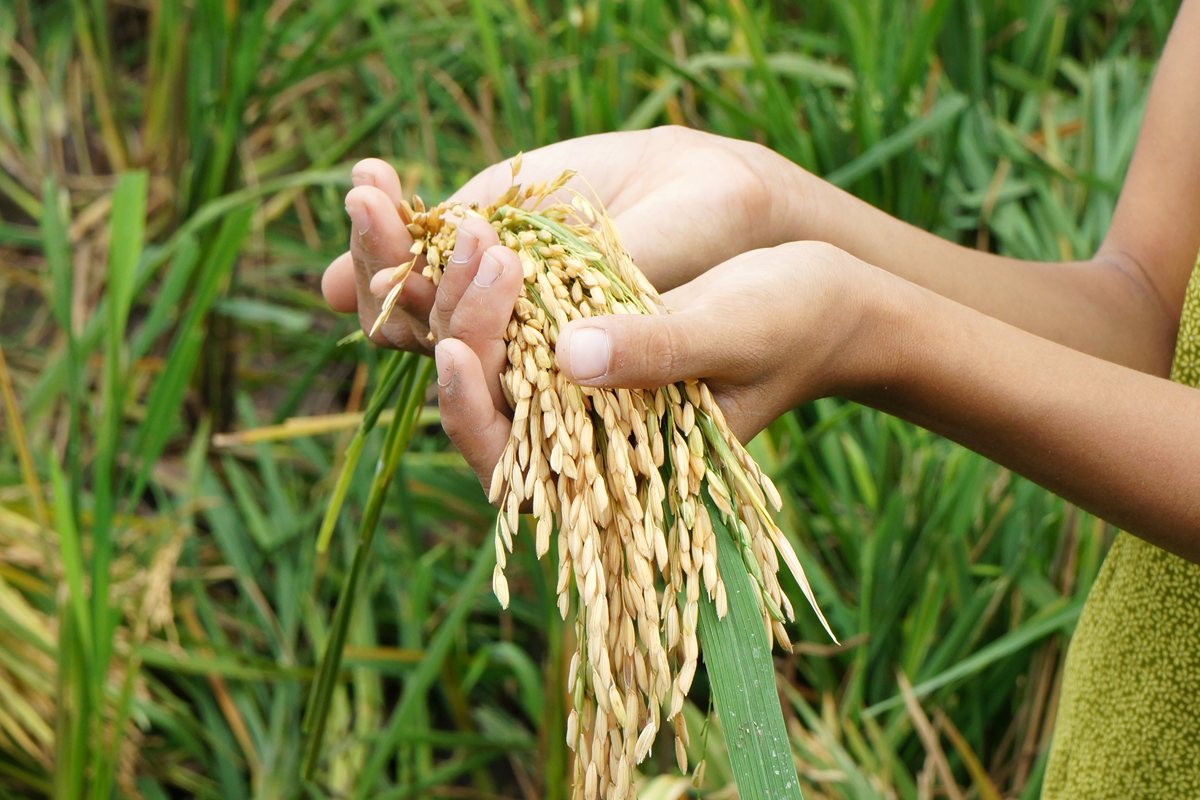
As with all animals, early humans were trapped in a system of burning energy to consume energy. Each human needs a certain number of calories to live. Getting those calories requires expending a certain number of calories. It would make little sense in expending thousands of calories to only get something that would provide a few hundred calories.
So all humans, as well as all animals, were locked into an upper and lower limit on calorie expenditure, or calories burned, that was closely tied to the calories received. This was an ever-present feeling that modern humans can only imagine. Ancient humans likely felt a real and palpable connection between the daily calories burned, and the real connection between the daily calories that were consumed.
Meat Is Wealth
In those early days, few things provided wealth, or things that were considered valuable, other than meat or food itself. Certainly beads, tools and other forms of accessories were valuable, but once the food was gone, it was hunting time. If there was nothing to hunt, or nothing to eat, they wouldn’t last.
Humans Run On Energy
Humans back then used energy in two forms. One if the food they ate, and two in the wood they used to build fires, keep warm, and keep predators at bay. Both of these energy forms came from previously living creatures. The wood was taken from trees or tree limbs that died naturally. The food was taken from animals that were purposely killed for the specific purpose of their energy use.
External To Internal
All of the energy that sustained early humans was taken directly from their environment. In a tangible way, they went out, physically away from where they’d slept night before, to find these energy sources, and then brought them back to where they would consider home, at least temporarily.
Basic Instincts
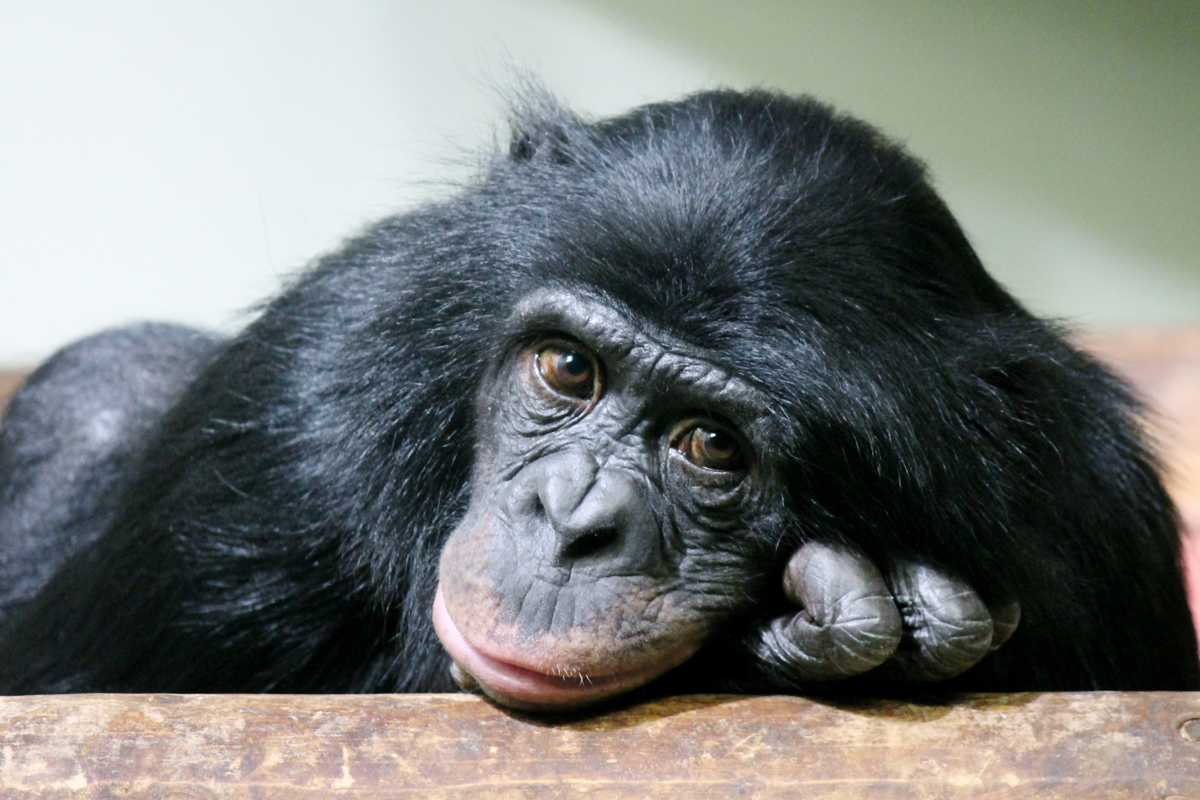
We can now roughly describe the human instincts that drove human behavior. We can imagine that the shift from proto-humans to human didn’t come with a drastic change in this behavior. We can also imagine that the development of language didn’t change this fundamental behavior. Both of these, the development of language and whatever cognitive developments made one “human,” likely only enhanced this existing process.
Hierarchical Structure
First, we can assume that one of these instincts, or collection of instincts, regulated the hierarchical structure of humans. This kept humans operating efficiently in a cohesive, top down organization form. This likely involved modern concepts such as authority and social proof (Cialdini).
Wealth Comes From Outside
Anything that was valuable was taken directly from the environment. This environment exists outside the tribal area. They physically went away from the group, to get sources of energy, either living biological forms, (plants or animals) or already deceased biological forms (wood for fires).
Wealth Is Distributed
A small group of male hunters come home with a big kill. They cook and share this wealth, or distribute the wealth to others. It wasn’t likely a free for all, where the big kill was plopped down and it turned into a gigantic primitive all-you-can-eat buffet. It was more likely distributed along the same hierarchy as the social order, but ensuring that everybody got enough.
The Leaders Regulate The Distribution
It’s very likely that the boss was the one who made sure everybody got their share. Or perhaps the big boss would give a big hunk of meat to all the under-bosses, who would then distribute to their people. It’s hard to imagine a scenario where food was not obtained and distributed contrary to the social hierarchy.
Regulating Instincts
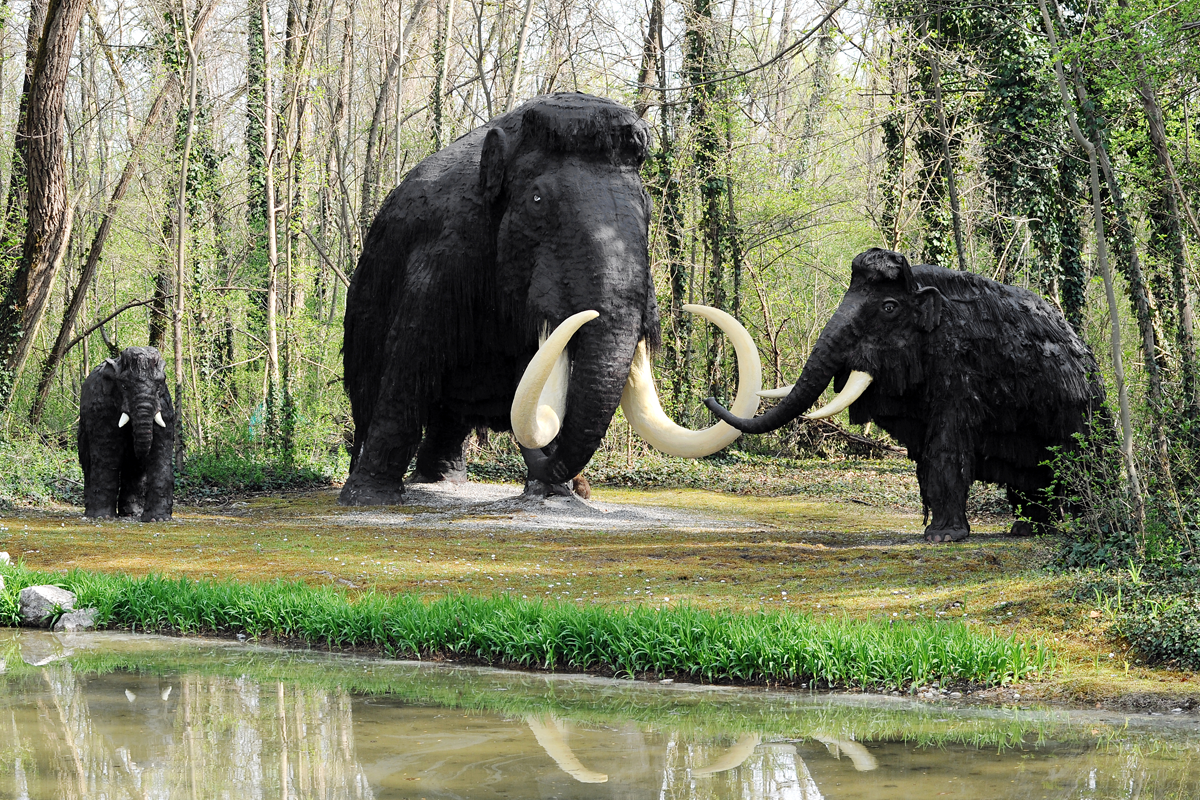
Since this was done automatically, and had to have been done for a while before humans became humans, we can assume we humans have instincts that would make this seem “fair” or “normal.” This instincts would also restrict certain behavior.
Social Cheaters
It’s unlikely that any tribe would have survived with a large number of people consuming more than they produce. There was likely an acceptable age below which and above which one was not expected to produce as much as they consume. Within these age ranges, it was likely expected that one would need to produce at least as much as one expected to consume.
How Long Did These Last
It’s believed that tribes of ancient humans were very stable, and behaved much like beehives or anthills. They continued until they got too big, and they split or separated, and wandered off in separate directions. The lifestyle was simple, yet required plenty of skills. Older members taught younger members, and this type of society was very stable.
Until they eventually invented farming. How this happened specifically is uncertain. But when farming was invented, the wandering stopped, and societies became large. This changed everything.
Ancient Instincts – Modern Societies
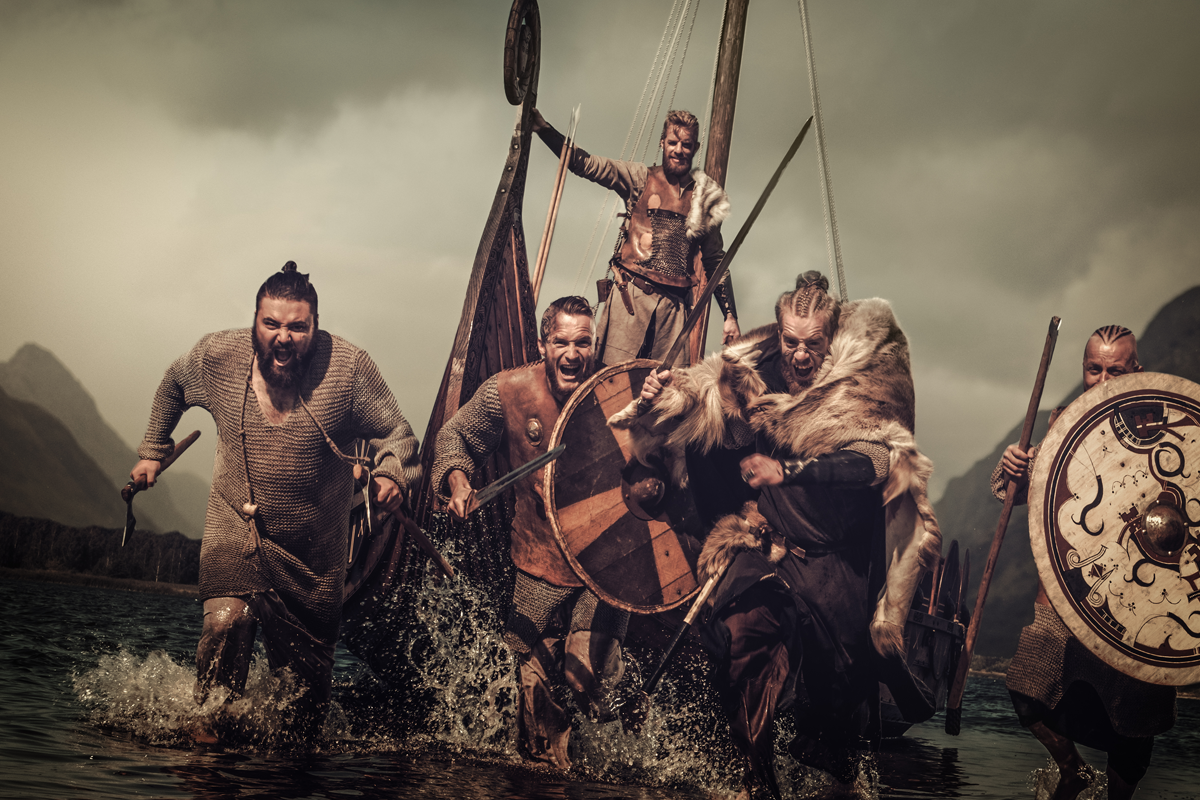
For a while, instinct driven humans tried to use the same strategy. Of traveling outside their homes, extracting wealth from their environment and bringing it back. This was essential the strategy of empires leading up until very recently. If you’ve seen the TV show Vikings, this shows a perfect example of how plunder was a very legitimate wealth generating strategy.
Ancient humans would travel out into their environment, kill animals and bring them back and distribute the wealth among the people. Primitive societies would to go other primitive societies, kill a few of the humans, and bring back the wealth to their people and distribute it accordingly. They didn’t distribute it directly, but they used it in part to build out the infrastructure of their societies.
Production And Consumption
Ancient people saw a direct correlation between production and consumption. Killing the animal was production. Eating the animal was consumption. But when large societies were created, direct consumption immediately after production wasn’t possible. There needed to be an intermediary process.
Monetary Exchange
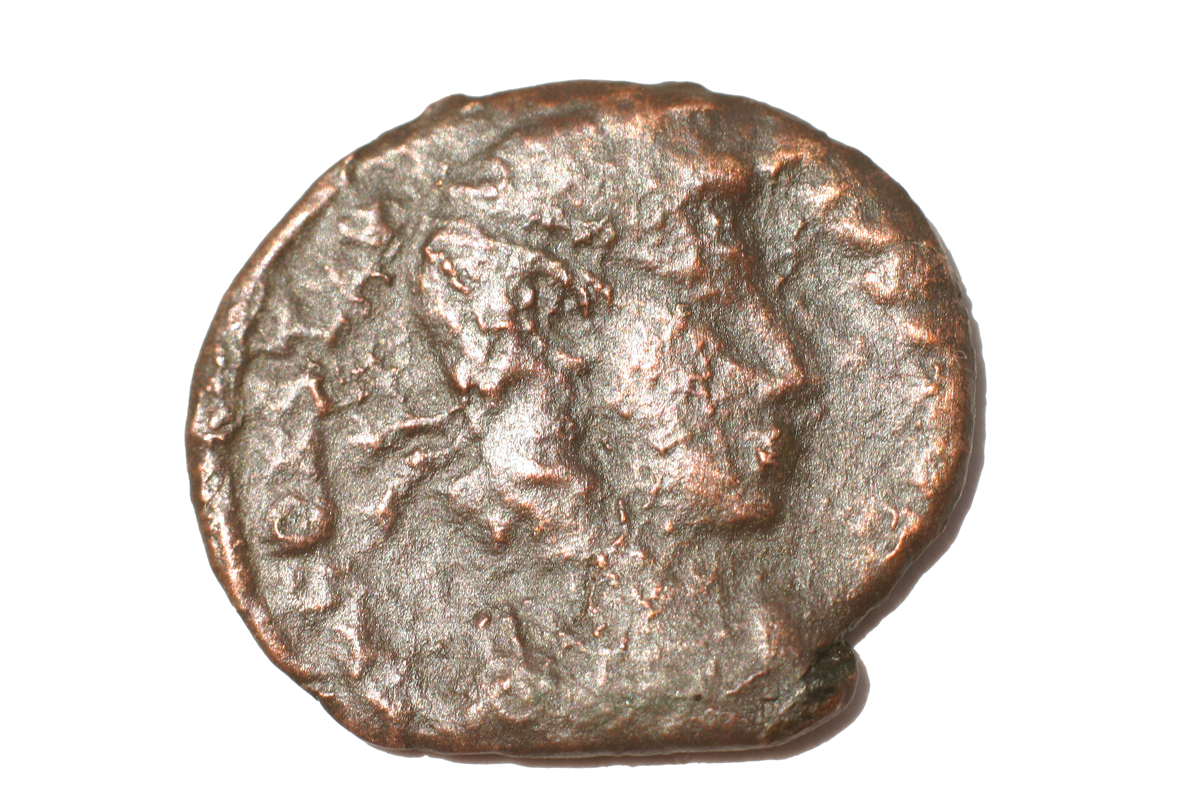
This intermediary process was monetary exchange. You produced something, and sold it, or did some productive work and were paid. Then you took this money and used it to buy something. Once you had that new thing, you consumed it.
Money Allows Diverse Production
The invention of money allowed for a vastly larger variety of things to be produced. The more people you had in any society, the more variety of stuff could be produced that would satisfy more needs for more people. People that could live in one location their entire lives (compared to being nomads) had a far larger set of desires. Housing, entertainment, a huge variety of food, farming material, scientific research, etc.
Money Allowed For Saved Production
If you killed an animal, the wealth (meat) it provided wouldn’t last long. But with a stable monetary supply, the more you produced in excess of what you consumed, the longer of a time in the future you could imagine consuming without producing.
Ancient peoples had to either produce, or be taking care of by producers. Agriculture allowed for humans to save as much as they possibly could for their own future. Despite how hard and clever an ancient hunter worked, there was never much of a surplus of production in excess of consumption. Meat would always go bad.
But once money was invented, there was really no limit how much one could save. This allowed not only for a much larger diversity of production, but it created a very strong incentive, on an individual level, to produce as much as he or she could. The more they produced, the more they could imagine a future free from any production requirements. This was impossible for hunters.
Distribution Of Wealth
However, there also was a problem for these societies. In addition to plundering from one’s neighbors, those that ran these societies were no longer productive. The ones in charge of hunter-gatherer societies were the most productive. To the extent that kings and nobles led raids to neighboring lands, they were the most productive. But to the extent they raised money through taxes, this created a new problem.
Taxation Is A Drag On Production
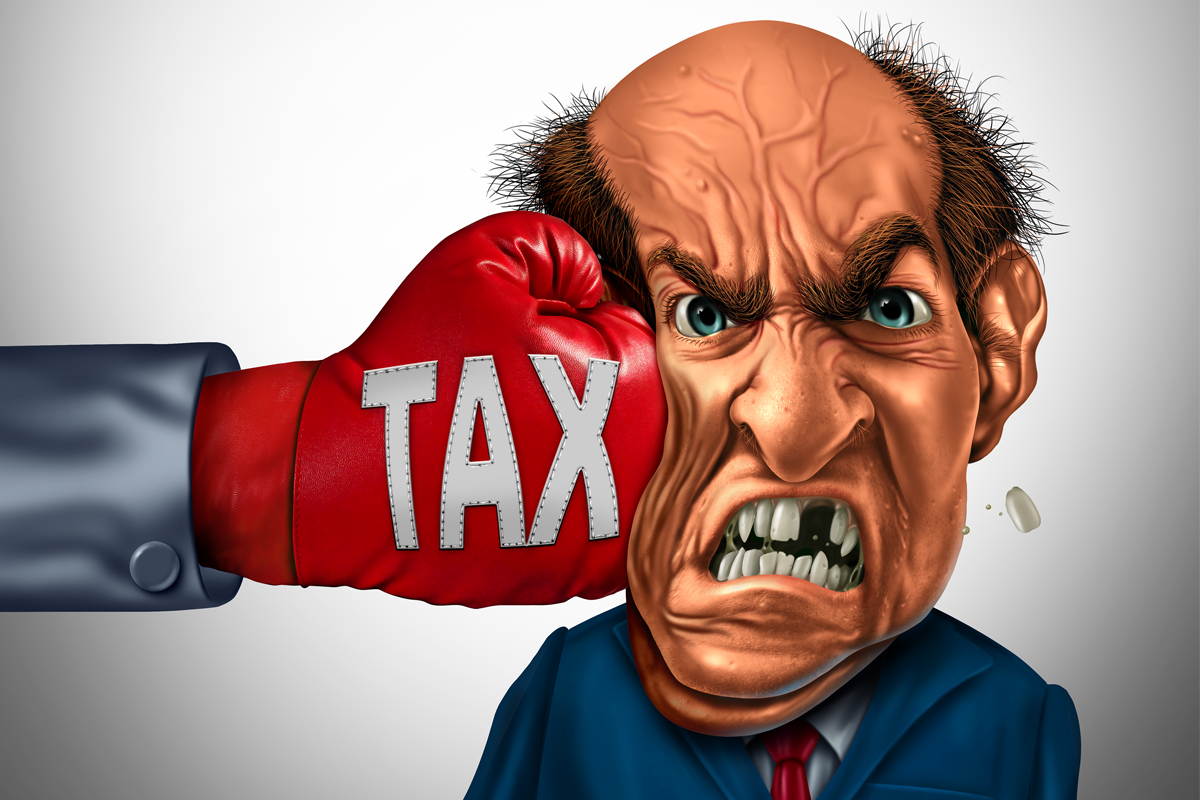
Imagine a king who collects 5% taxes from everybody. Human instincts say that the king is supposed to be the leader, the most productive of society. And part of the kings responsibility is to redistribute this wealth taken from the environment.
After the invention of money, money was associated with exchange. A giving in exchange for receiving. So in exchange for the taxes, the king and nobles had to provide something in exchange, something that was worth what was being expected.
Taxation For Safety And Protection
Generally, this came in the form of paying the king to keep you safe from enemies. If there were legitimate enemies, this was generally accepted. But the kings and nobles were rarely satisfied with a small amount of taxes. Kings and nobles and other leaders of large societies have always schemed ways to get more money.
Currency Debasement
One of the ways this happened was by debasing the currency. During the last few hundred years of the Roman Empire, the coins went form nearly 90% silver to barely 10% silver. Recall the currency is supposed to be an intermediary placeholder between consumption and production. But once the money itself is no longer trusted (as happened in Rome) the connection between production and consumption is lost.
Over Taxation
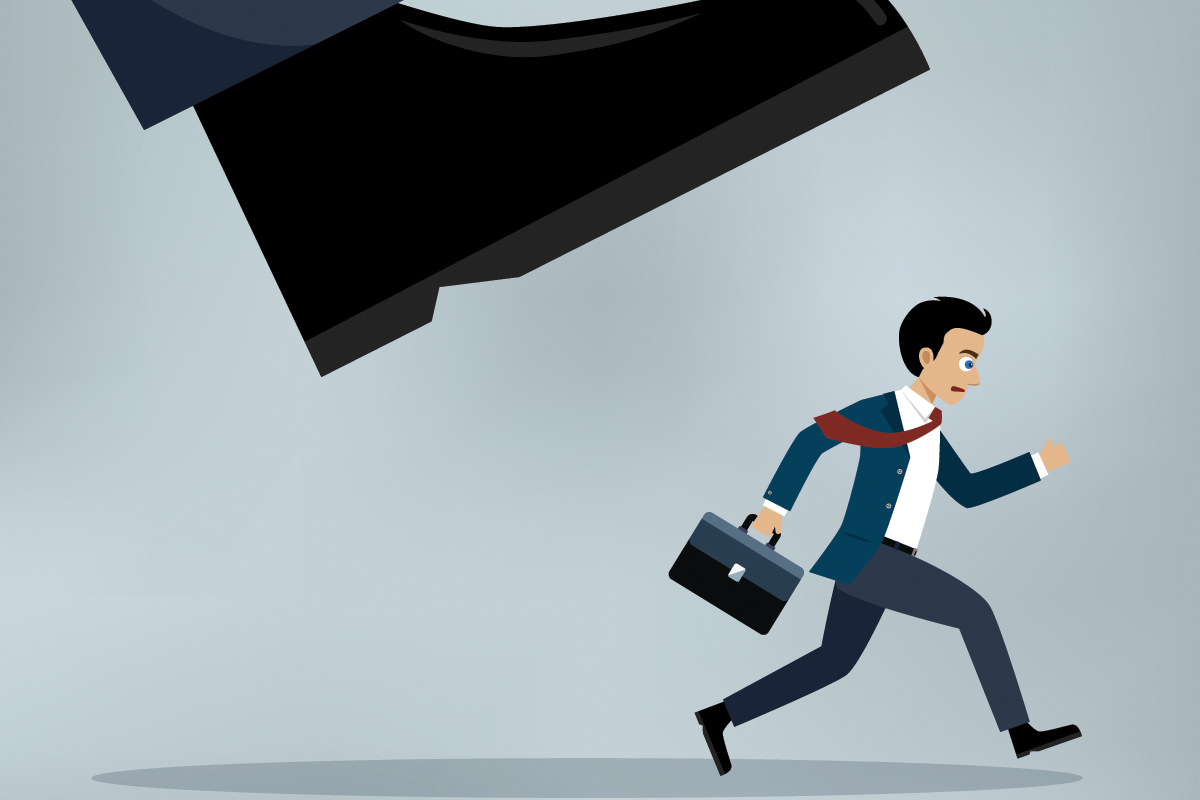
Hunter gathers have an instinct that says, “I’ll provide for old people now, so when I get old, they will provide for me.” We also have an instinct that says, “Adults should produce for the consumption of children, and when the younger people get older, they will do the same.”
This works well in a hunter gather society because everybody knows everybody. Also because the production that is being provided for those who are too old or to young to produce themselves is being taken from outside the society. But taxes in a large non-hunter society are taken from within the society.
Freeloader Problem
One of the curious things that popped up once large numbers of people started living together is called the freeloader problem. In groups of hunters, everybody knows everybody. So it’s pretty hard to consume more than you produce if you are capable of producing. No so in large societies. It’s very easy to pretend to produce when you are not producing.
Cannibalism
No, not people eating people. But one way our instincts misfire in large societies is when the rulers tax those productive members of society, in order to support those who aren’t productive. This works when the wealth is being taken from outside the society, as in the case of hunters and raiders. But when the income to the rulers is solely through taxation, it is a self-destructive force.
Taking From Peter To Pay Paul
Governments tend to get bigger over time. And when you add in the freeloader problem, you have a society where it’s productivity slowly decreases over time. This must be true because as governments get bigger, they take members from the productive sector of society (non-government) and add them to the government (non-productive).
Also, the number of the non-productive will slowly increase as well. This only means that the productive sector of society can only get smaller, while the non-productive (government and non-productive non-government) will only get bigger.
Collapse Is Inevitable
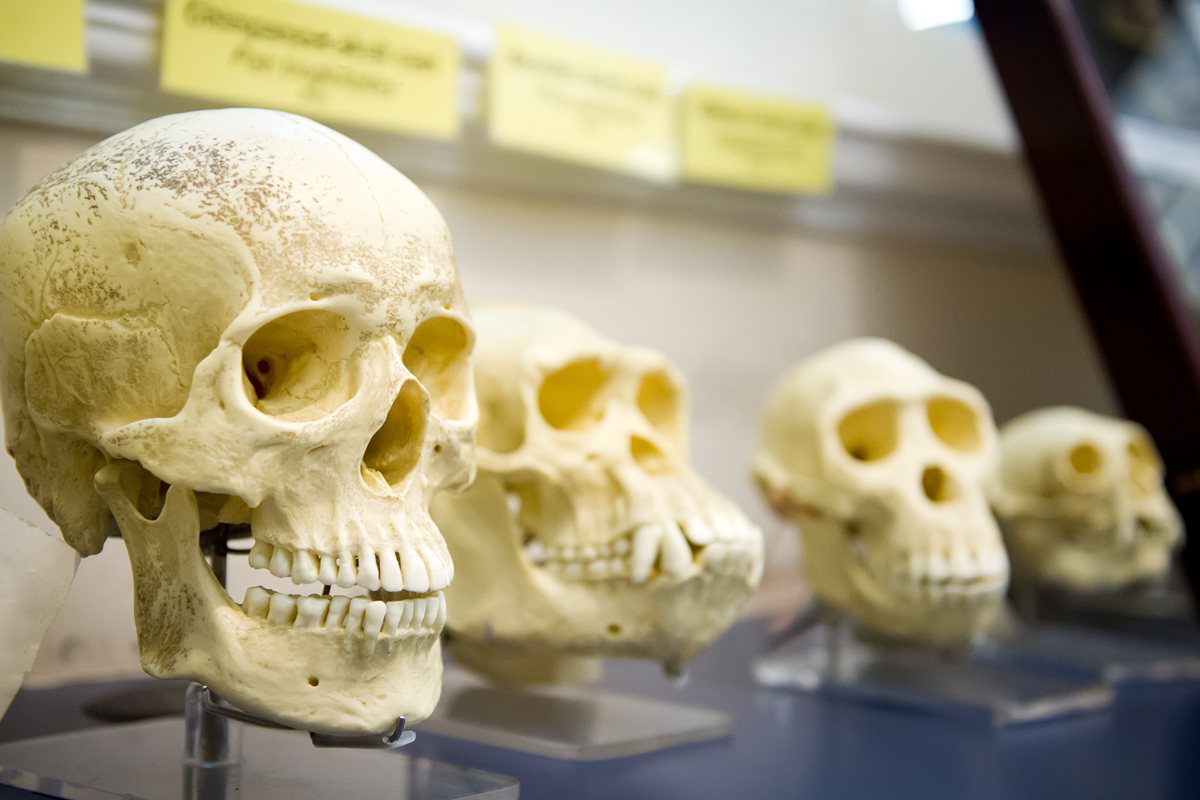
This means eventually the amount of productivity won’t be enough to support everybody, and society will break down. Since the agricultural revolution, every society has failed at some point. We can now point to three specific causes.
Over Consumption Of Natural Resources
Wandering nomads have an endless amount of animals to kill. Large societies that are fixed in their location run the risk of over consuming what is available. Every human needs a certain amount of calories per day. Once a society gets too large, it’s possible the total number of calories needed by the society, per day, is greater than the potential yield of their environment. When this tipping point is reached, game over.
Monetary Break Down
It may be that the environment is fully capable of sustaining the society. But the monetary system is no longer suitable. A stable monetary system is needed to be the intermediary element between production and consumption. When this intermediary element is no longer viable, the productivity will stop. The only reason people will produce is to receive money they can use to consume. When this monetary system, or the money itself is no longer viable, productivity will stop. Game over.
Self Cannibalism
With a stable monetary system and sufficient environment resources, the system can collapse when the government as well as the non-productive members of society grow larger than can be supported by the productive members of society. It’s very likely that long before this tipping point is reached, the few remaining productive members will stop producing, since most of their productive capabilities is being consumed by others and not them.
What About Debt?
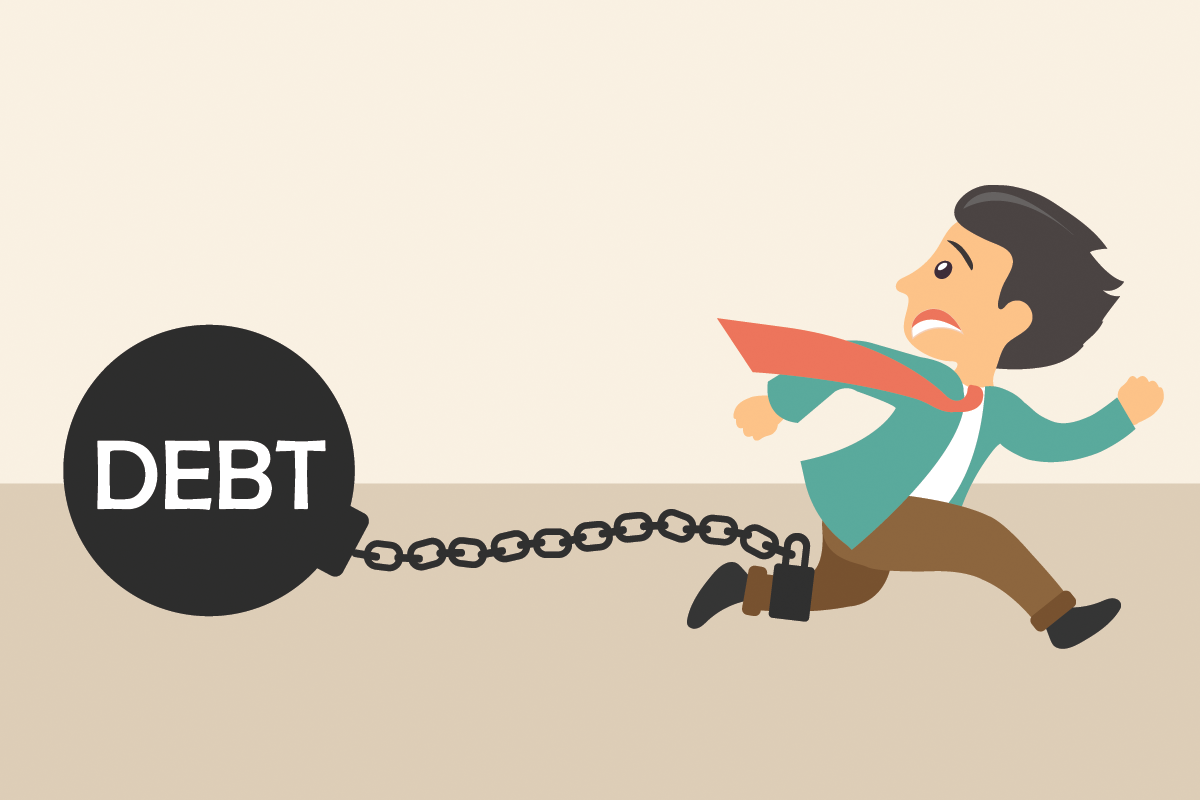
Debt is also a very complicated issue, but it’s existence will only exacerbate these three other elements. We can imagine that without debt at all, all modern societies will still eventually collapse. Either because the monetary system will break down, the environment will no longer support the requirements of society, or the number of non-productive members of society (including government) grows larger than be supported by the productive members of society.
Where Are We Now?
It’s quite possible for our current system to limp along for several more generations. With massive increases in productivity to due technological advances. Productivity can perhaps continue to increase while more and more people become non-productive.
As this continues, the distribution of wealth is likely going to continue in favor of those who control the current means of production (owners of technology and financial systems) while the rest are slowly squeezed out. This is also a very complex and controversial topic subject of several lengthy posts.
What To Do?
All humans are locked into upper and lower limits of energy use. While we only discussed energy use in terms of calories, we are essentially dependent on how much energy we can acquire, and how much energy we can use for our current lifestyle. Ancient people’s used animals and wood. We use animals, plants and plenty of other energy sources.
Understand Your Own Productivity

Always being productive in some way means you will always be valuable. The world is rapidly changing, and the only two responses are to change along with it or get left behind. The more you can take control of your own future productivity through learning skills, the better.
Create Your Own Production Surplus
It’s never a bad idea to save money. The more money you can save and invest, the easier of a time you’ll have in the future. On the other hand, the more you depend on debt, the less likely you’re future will be better than now. Increase productivity through learning, decrease debt and increase savings. If you do that, what the world does will have much less of an impact.
Learn More
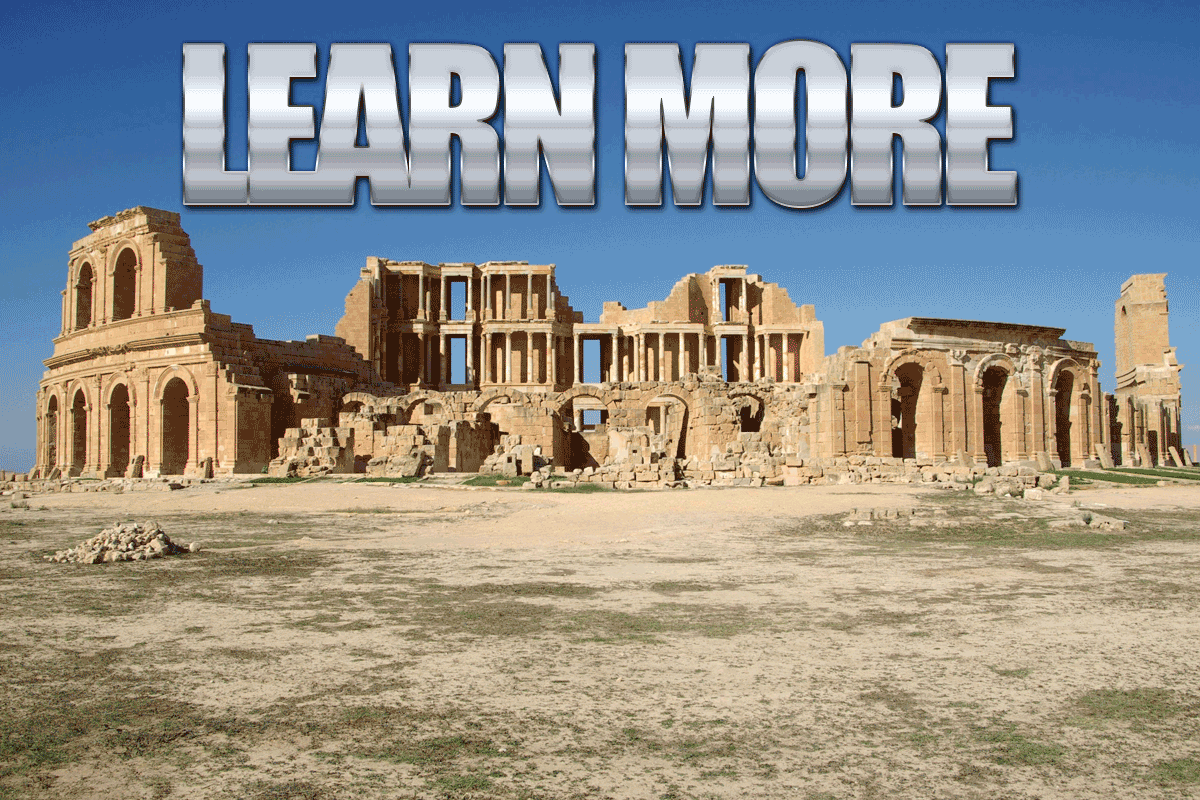
Mind Persuasion has plenty of books and courses designed to help you maximize your personal productivity, learning, and social skills to improve the quality of your life.
Mind Persuasion Books
Mind Persuasion Courses